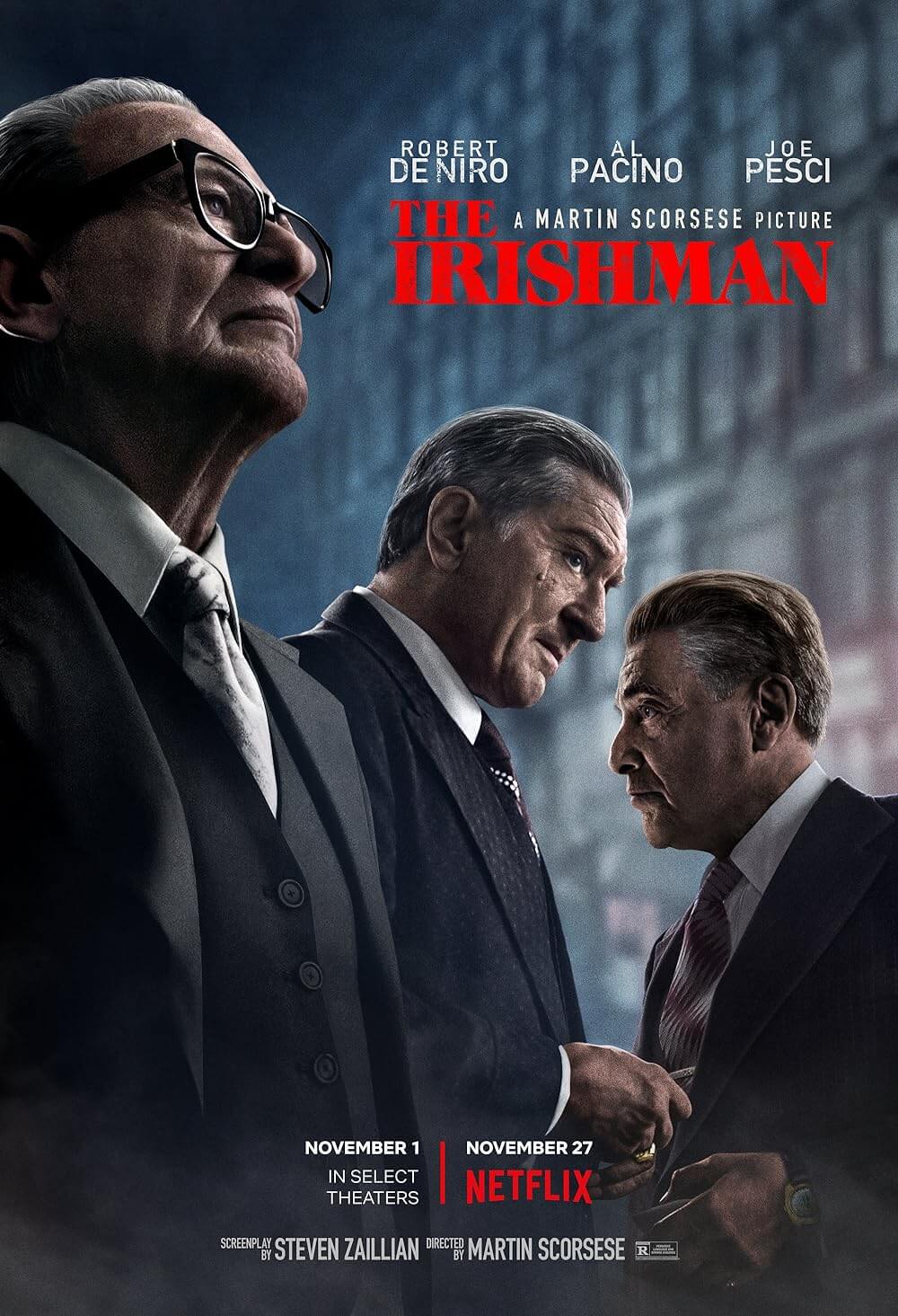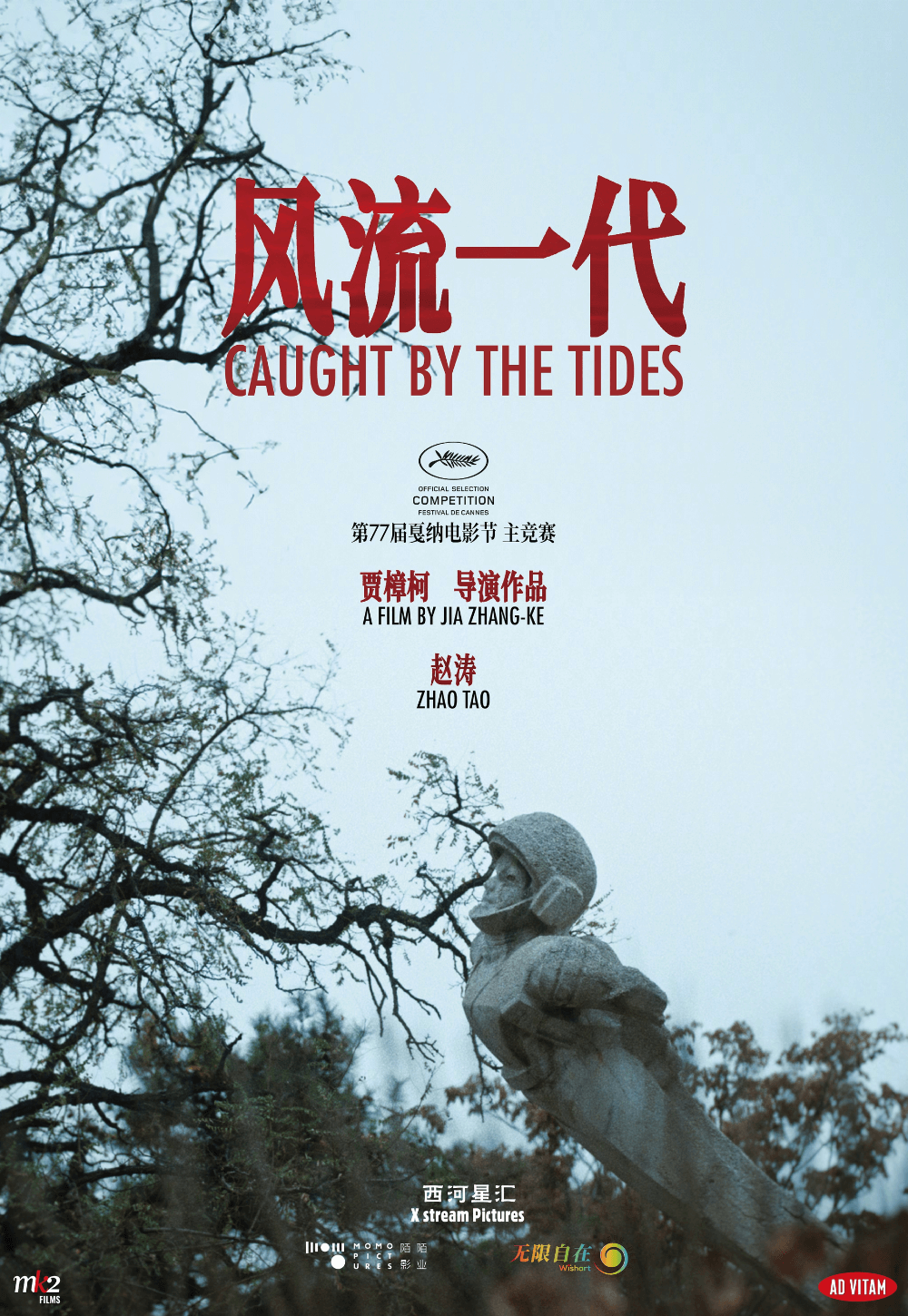
Killshot
By Brian Eggert |
Killshot is a short diversionary entertainment that probably could’ve been something more, but it wasn’t partly because of the general lack of effort and disrespect for the moviegoing public by Bob and Harvey Weinstein of The Weinstein Company. The former heads of Miramax have gotten into the bad habit of losing interest in projects after poor test screenings, at which point they allow uncountable editors to attempt to “improve” material. When this inevitably fails, the product is shelved for a time and then eventually released with either half-assed marketing or none at all. This film falls into the latter category.
Based on the novel by Get Shorty and Out of Sight writer Elmore Leonard, the story involves similar themes of cool hitmen, old-time crooks, and down-and-out hoods all trying to make it. Their sometimes labyrinthine interactions make the clichés throughout seem interesting, while Leonard’s pulpy dialogue usually makes up for the rest. And like those book-to-film adaptations, Killshot boasts some notable celebrities and impressive talent behind the camera. It’s enjoyable as rainy day amusement.
In one of those twisting, convoluted plot developments not worth explaining within this review, ex-steelworker Wayne (Thomas Jane) and his estranged wife Carmen (Diane Lane) eye Toronto mob hitman Armand “Blackbird” Degas (Mickey Rourke) and his Elvis-wannabe lout Richie Nix (Joseph Gordon Levitt). Just seeing them means curtains for the unhappy couple, who are trying to work through a trial separation that he doesn’t want, and she can’t explain. When the killer duo targets them, the couple is forced to live together in witness protection.
Carmen’s problem with Wayne is never really made clear. He seems like a nice enough fella. After all, he’s Tom Jane, and how can anyone compete with that? But inexplicably, she doesn’t want him back and refuses to attempt to repair their relationship. That we never learn the exact cause of Carmen’s beef with her husband remains the key plot hole and the central reason we’re emotionally distant from these characters. Fortunately, their star power creates a false yet entirely watchable sense of substance where there is none.
Meanwhile, Blackbird, a Native American who’s strayed from the ways of his reservation to become an assassin-for-hire, lives by a strict code that says no loose ends. And yet, he joins with unpredictable upstart Nix because the wild child evokes his dead brother. Rourke lends his gruff role some needed gravitas, whereas Gordon-Levitt’s performance could be called overacting, but instead is appropriately annoying. As the story plays out, he’s meant to aggravate and irritate, if only for that sense of satisfaction the audience feels when he gets his comeuppance. Blackbird finds himself in-too-deep, as he begins to actually care for Nix’s trashy girlfriend (Rosario Dawson) and realizes he’s losing his edge.
Shakespeare in Love director John Madden unravels this yarn without much finesse or style, which is just how screenwriter Hossein Amini (The Wings of the Dove) spun it. Involving on a basic level where we’d prefer the central characters weren’t killed, the movie feels chopped up with motivations suspiciously absent and background stories altogether missing. Entire characters were removed (including one played by Johnny Knoxville) during the long post-production process in an attempt to streamline the story. Still, the deficient sense of purpose leaves the simplified structure feeling detached.
Production began late in 2005 and finished mid-2006. Due to poor test reactions and the resulting delays, the Weinsteins left Killshot to gather dust until January 2009. All-but-nonexistent, the film’s distribution reached only a handful of theaters across the country, though critics were not allowed to screen the film. Probably banking on Rourke’s buzz from his comeback role in The Wrestler, the uncommitted release was barely an attempt. The recent DVD release earned more marketing. But this is standard Weinstein behavior. Nothing new or remarkable about it. Examples ranging from The Brothers Grimm to Grindhouse detail hefty budgets and visionary directors trumped by the Weinsteins’ bureaucratic influence, doubt in their audience, and lack of consideration for the film they’re releasing.
So while Killshot might not have earned any awards or garnered much box office attention, it certainly deserved better than to be dumped on the direct-to-video wayside. Advertise the cast, build up the “from the writer of Get Shorty and Out of Sight” angle, and the Weinsteins might have made themselves a few million in theaters on celebrity name recognition alone. Apparently, a few million wasn’t worth their time, which is the worst kind of show business logic out there. Prove them wrong. Rent this movie.

Consider Supporting Deep Focus Review
I hope you’re enjoying the independent film criticism on Deep Focus Review. Whether you’re a regular reader or just occasionally stop by, please consider supporting Deep Focus Review on Patreon or making a donation. Since 2007, my critical analysis and in-depth reviews have been free from outside influence. Becoming a Patron gives you access to exclusive reviews and essays before anyone else, and you’ll also be a member of a vibrant community of movie lovers. Plus, your contributions help me maintain the site, access research materials, and ensure Deep Focus Review keeps going strong.
If you enjoy my work, please consider joining me on Patreon or showing your support in other ways.
Thank you for your readership!
Brian Eggert | Critic, Founder
Deep Focus Review







